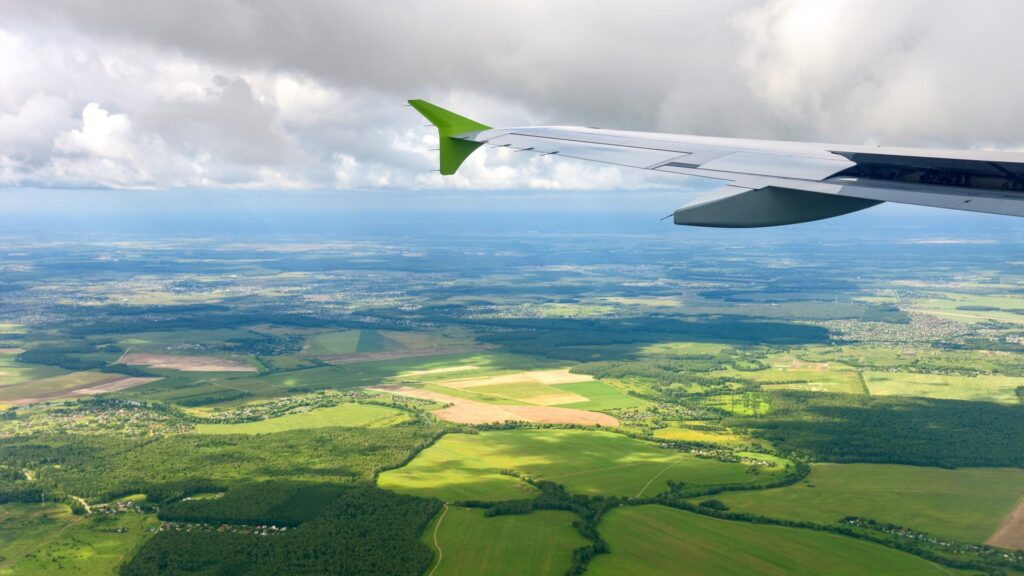As with a lot of issues, sustainable aviation is something that not many people really know about. Just like how climate change itself was, at first, obscure in the public eye, green aviation is not well covered in the media or a topic the average person is well versed in. There are reasons for this: Aviation only contributes around 2% of global emissions. However, if we ignore education, the problem could snowball out of control.
One of the root causes of this issue is the aforementioned emission totals. Even individuals that know a lot about climate change will not consider aircraft a large problem. Nevertheless, the aerospace industry remains the hardest sector to be decarbonized. If the warning signs are ignored as they have been, aviation will play an even larger role warming the planet.
Another reason that sustainable aviation education must be prioritized is the fact that it is the leading force in commercial aviation. Airlines want to use less fuel and be able to promote themselves with slogans like “net-zero by 2050” or “using SAF on all flights”. Anyone who wants to work with airplanes must be knowledgeable in all things green. Furthermore, many countries have passed limits on the emissions of aircraft. Any airline with a lax attitude will face the consequences of fines and even bans.
Although a somewhat obscure topic, education on topics related to carbon reduction must be covered. For the passenger, it means knowing how your flight harms the environment. For the airline employee hopefuls, it means knowing how and why your employer operates the way they do. All in all, sustainable flight is an underdiscussed topic that must be brought to light.
